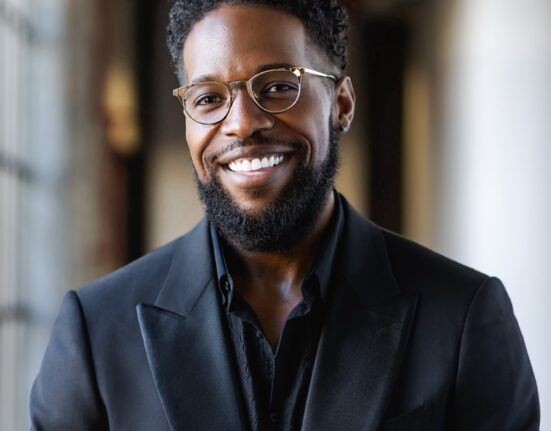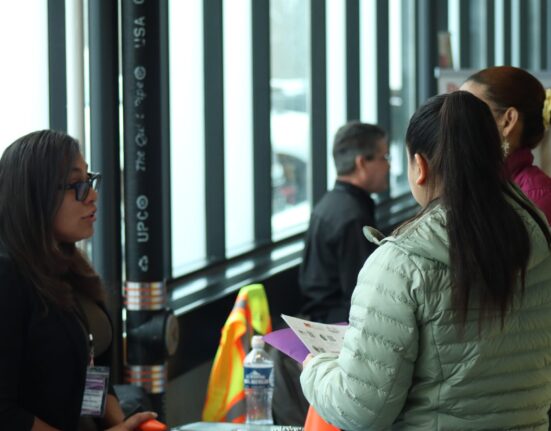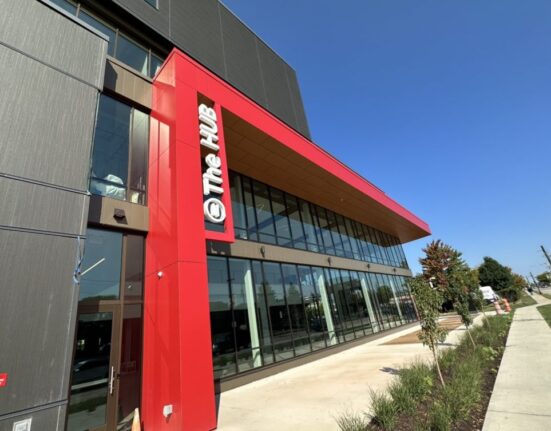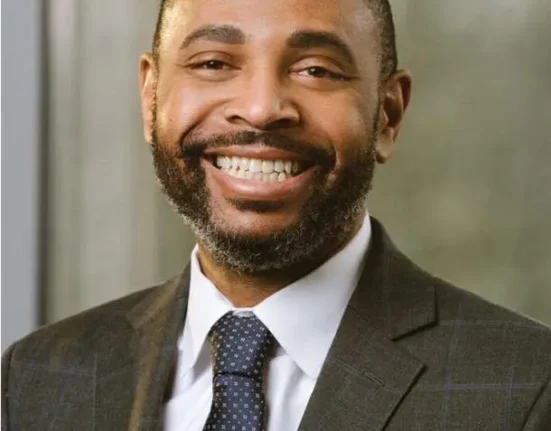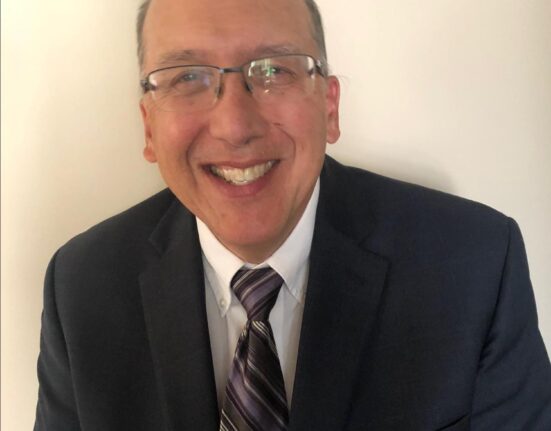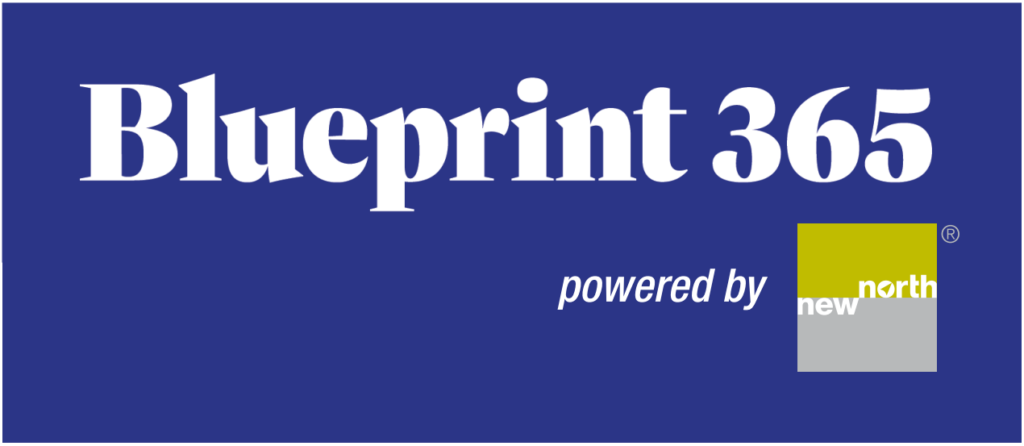
Special promotional content provided by The New North
Not just mental health care services, Us 2 Behavioral Health Care aims to tackle the cultural social stigmas in receiving mental health services.
Us 2 Behavioral Health Care is a nonprofit mental health provider in Appleton. The group aims to provide culturally informed mental health services, looking past the western models that often ignore BIPOC experiences.
“The idea of Us 2 is kind of two things really. Providing culture specific mental health counseling right outside our doors, really understanding the client’s background, and their struggles and challenges and how that shows up in behavioral health,” said cofounder Sheng Yang.
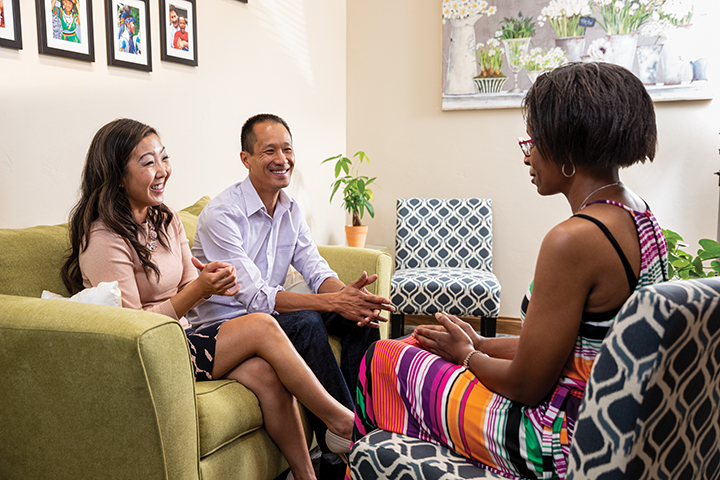
Us 2 Behavioral Health Care has a primary demographic of children between 7-17. Its team of 11 clinical therapists provides care largely for students in partnership with schools in the Fox Valley area.
The health care providers use a billing system conscious of the shortfalls of insurance coverage to allow patients to receive mental health services for social conditions like racialized trauma.
“Insurance really looks at mental health as a medical condition and they completely eliminate social issues,” Sheng said. “So if I have a client who’s Black African American and is coming to me because of racialized trauma, I cannot put that in their records. And I cannot put that as a symptom or as an issue, because that’s considered a social issue by the insurance.”
Founders Sheng and Kou Yang both came from wildly different backgrounds before starting Us 2 Behavioral Health Care.
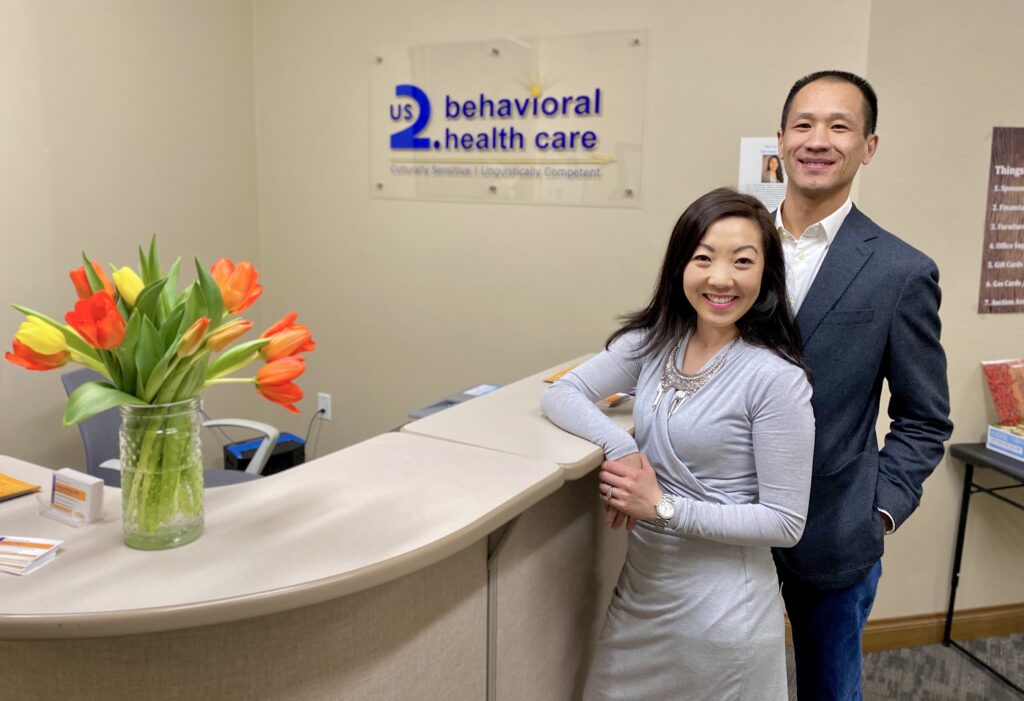
Sheng is a licensed clinical social worker by trade. She spent the past 15 years in a variety of roles between nonprofits, county systems, government systems and for-profit hospitals before starting Us 2 Behavioral Health Care.
Kou was in corporate America for 15 years, working in corporate finance and global supply chain strategy. He found a passion in organizational strategy and thought he could apply it to Sheng’s dream.
The focus in Us 2 Behavioral Health Care is on looking past the westernized medical model to a more holistic, culturally informed approach. The westernized model is centered on treatment and diagnosis. Us 2 Behavioral Health Care looks at how they can treat patients and understanding how cultural background is a strong component in how BIPOC communities approach mental health and stigmas around it.
Sheng feels the cultural aspect is often ignored in the western medical model.
“In a lot of different other communities, mental health symptoms could be very shameful in nature, however, how it’s experienced or manifests — it looks very different,” Sheng said. “In a lot of cultures, mental health symptoms could be described as somatic in nature, and so they may be complaining of a lot of body aches. Feeling a lot of pressure in their back. In some cultures it’s like schizophrenia and psychotic disorders are perceived as a gift from the higher power so that person is actually given special treatment. It’s really taking into consideration the symptoms and the impact it has on a person, versus the medical model of saying you got a problem you need to take these meds and it’s in your head.”
The mental health providers try to embody the notion that BIPOC communities are being ignored in both its approach and name. “Us” is symbolic of the idea that we’re all in this together and have been ignored. “2” is symbolic of the representation of BIPOC communities that are seen as second to white communities that have the medical models made after them. “Us 2” is about coming together to dismantle stigmas and barriers to mental health.
“Stigma is a huge problem across all cultures, including westernized culture… but also how much of that stigma is actually influence,” Sheng said. “We can work through the stigma, but what does it truly mean to the person? Does it mean family? Does it mean connection? Does it mean boundaries? It’s very Individualized even though it’s a term that we always throw out there.”
On access, Us 2 Behavioral Health Care looks at how they can be affordable and dismantle the financial barrier. It juxtaposes itself against the profit driven model on for-profit health care services.
Kou said that for-profit models pick out the highest paying clients and often have limits on Medicare and Medicaid patients. The result is that they leave lower income patients who need mental health services behind.
“What we do is we completely throw that model out the door and we provide access to anybody who walks through the door, regardless of their insurance status,” Kou said.

